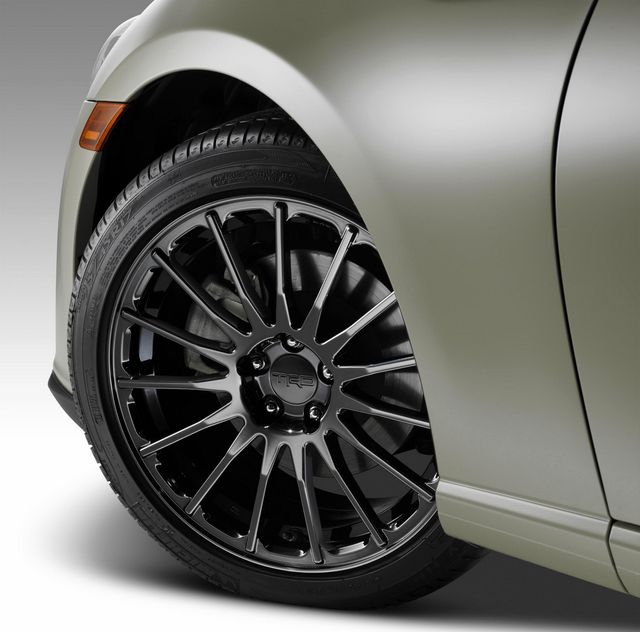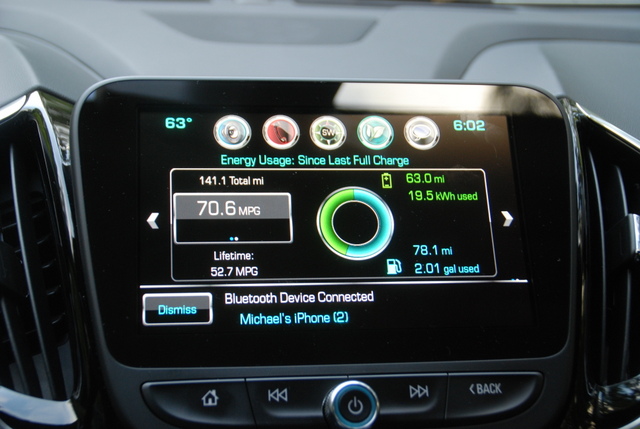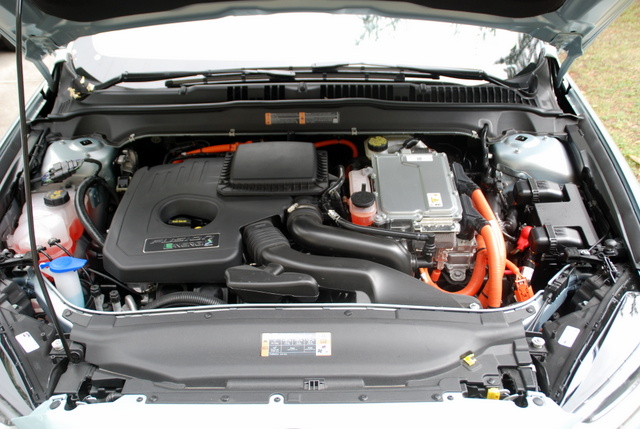Tips To Increase Fuel Economy and Reduce Emissions
If the price of gas is a concern to you, or you want to minimize the impact of greenhouse gases, you have to reduce the amount of fuel your car uses.
Your car can use up to 30 percent more fuel if you do not maintain it properly. This means you should take your car to the mechanic from time to time. Do not ignore the importance of regular maintenance.
Below are some of the things you should do to improve your cars fuel efficiency:
-
Ensure your car tires are properly inflated

Tire inflation can make a big difference in fuel economy
Many drivers are not aware of this, but the way you inflate your car tires impacts fuel consumption. For instance, if you underinflate your tires by eight pounds, it will increase the rolling resistance by five percent. This means your car will burn more gas.
Not only do the deflated tires increase the fuel intake of your car, but they also overheat the tires. Overheating of the tires increases the risk of tire-related accidents. You should check on your tires at least once in a week. By doing this, you can boost your cars fuel efficiency by over four percent. It will also improve the safety of your car.
If your tires are completely worn out, replace them with Eco-friendly tires. There have been advancements in tire technology over the years, which means you should not sacrifice fuel efficiency because of your car tires.
By having properly inflated, Eco-friendly tires, you improve your cars fuel efficiency and reduce environmental degradation from greenhouse gases created by excessive fuel consumption.
-
Hypermiling methods
The question on many people’s mind is: What’s hypermilling? This is where you make skillful changes to your driving habits in order to improve fuel efficiency.

The skills include babying your brakes and the accelerator, using cruise control and slowing down from time to time. There is a speed range that is most fuel efficient, between 45 to 60 miles per hour. The speed range will however depend on your vehicle.
When you drive above 60 miles per hour for six miles your car’s fuel efficiency drops by 10 per cent. Accelerating and braking rapidly increases gas intake, causes needless tear and wear and increases the risk of getting into an accident.
Do some hypermiling, be mindful of other drivers, relax, and do not speed in your car.
-
Do not top the cars gas tank
You should ensure that the nozzle is inside the tank before the pump shuts off. This allows the fuel in the tank to flow out of the nozzle. CarCareNinja says, you should ensure you use up all the gas inside your tank.
Gas pumps shut off for a reason. Putting too much gas into your car will cause the vapor collection system to flood and damage your engine. Once this system floods, carbon emissions escape and find their way into the atmosphere.
Your wallet, environment and car, all suffer great negative impacts. The fuel in your car expands when it burns, so do not put so much in; give it room to expand.
-
Use synthetic oil
Always make sure you use synthetic oil. It protects your engine even at high temperatures, has a better flow, and protects the engine from wear. If your engine is old and has sludge buildup, synthetic oil will reduce this problem.
Synthetic oil is expensive compared to regular oil, but it will increase the life span of engine parts. Your engine becomes more reliable and performance improves.
-
Check up on your engine

Regular engine maintenance will keep your fuel economy at the top level
There have been great advancements in the motor industry, and taking your car to the mechanic is becoming uncommon today. However, you should take your car for a check up regularly.
Your car should have an emissions test and if it fails, fix it; this will improve its fuel efficiency. You should also check the oxygen sensor; your gas mileage may improves by 40 percent. Have your engine checked to improve its fuel efficiency and reduce the emission of carbon to the environment.
Finally, having your car perform better and improving the fuel consumption will depend on all these factors and more. Not only will your car increase reliability and performance, your wallet and environment will be great beneficiaries.
